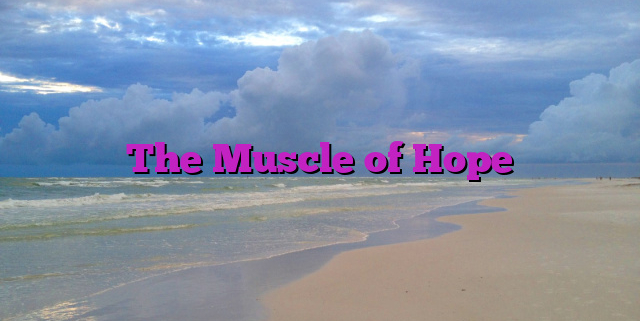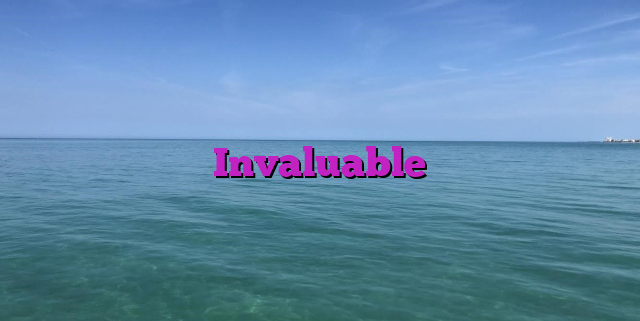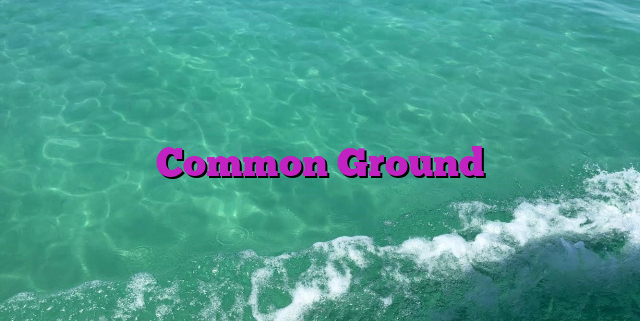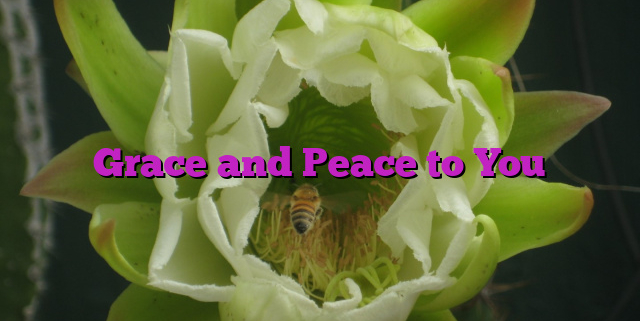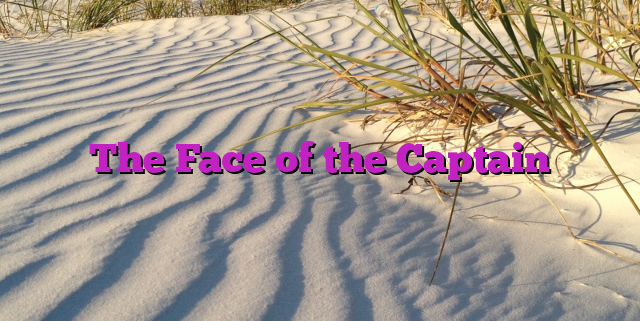A Wonderful Gift
By Rev. Dr. Roger Kunkel
A good memory is a wonderful gift! The truth is, there aren’t many people with photographic memories. In fact, most of us suffer from memories that fail us at the most inopportune times. Some poet once said this about the mind:
“The only time it ever sits down is when I stand up to speak!”
As important as a good memory may be, however, the power to forget may be equally valuable. With that in mind, consider these vignettes:
Clara Barton, the founder of the American Red Cross, was once reminded of a cruelty done to her. Serenely, she replied, “I distinctly remember forgetting that!”
A physician once said, “My father taught me that one of God’s greatest blessings is the ability to forget some things and go on with life.”
The Apostle Paul knew that there are some things you should forget, and he made it clear in his letter to the Philippians:
“Forgetting those things that are past… forgetting what lies behind, I press on!” (Philippians 3:13–14).
Paul had learned that as wonderful as it is to remember, it is also sometimes good to intentionally forget.
We may need to forget our past accomplishments, past hurts, or past failures. You can pick yourself up, dust yourself off, and start all over again. Remember: no one can go back and make a brand-new start. But anyone can start from here and make a brand-new end.
Let us pray: O Lord, our Lord, how excellent is your name in all the earth. All creation sings in harmony with you, the master conductor. Except… sometimes we want to sing our own melody. Forgive our stubbornness. May we someday become like the trees which are planted by streams of water, which yield their fruit in season, and whose leaves do not wither. In all they do, they prosper.
Walk with those who have received bad news, those who are depressed, and those who are hurting. Give them patience, courage, and hope. Send love to all children who live in poverty and unhappiness. In Jesus’ name. Amen.


